Beijing has started a mass vaccination program amid concerns regarding its efficacy owing to the absence of phase 3 clinical trial data.
Beijing Municipal Health Commission said at a news conference on Sunday that more than 70000 people in 220 inoculation venues across Beijing have received the first dose of COVID-19 vaccine since the city began administering the jab among specific groups of people with higher infection risks on the first day of the new year 2021. There are, however, strong concerns in the global medical community about the safety and efficacy of the Chinese vaccines. Chinese Foreign Ministry last week said, phase three trials are going smoothly, without giving a clear response on when China is planning to release the phase 3 clinical trial data.
China announced Thursday that it had granted conditional marketing authorization to its first self-developed COVID-19 vaccine. The inactivated vaccine was developed by the Beijing Biological Products Institute Co. Ltd. under Sinopharm's subsidiary China National Biotec Group (CNBG).
The conditional approval announcement for the CNBG vaccine came a day after the National Medical Products Administration said the vaccine showed 79.3% efficacy based on interim results from the Phase 3 clinical trials.
China’s vaccines are part of its diplomacy, shoring up ties with dozens of poorer nations facing the challenges of manufacturing, distributing and administering billions of doses.
China has also agreed to supply its vaccine to Covax, a World Health Organization-backed effort to provide a coronavirus vaccine to developing nations. But there has been little information about how the Chinese vaccines have performed in the final stage -phase 3 clinical trials. Meanwhile, some U.S. and European companies have published data on the safety and efficacy of their shots and started to deploy them.
Chinese vaccine manufacturers were initially at the forefront of the research, however, U.S. companies raced ahead to carry out the vital third-stage clinical trials. As per reports, Chinese companies now have third-phase trials running in at least 16 nations, with state-backed China National Biotec Group Co. testing from Argentina to Morocco; Sinovac Biotech Ltd. enlisting Brazil, Turkey and the Philippines among others; and CanSino Biologics Inc. testing in Pakistan, Mexico and Saudi Arabia. So far, there hasn’t had any systematic data available.
Other provinces are also rolling out mass vaccination programs. Meanwhile, as per local media reports, quoting an online poll in Hong Kong, around 41 per cent of respondents expressed reservations about getting vaccinated while only 8 per cent said they would “definitely” get the shots. The top three reasons cited by those who did not want to take vaccines were “doubts over the effectiveness”, “worries about side effects” and “no choice of the manufacturer of the vaccine that is to be taken”.
The National Health Commission (NHC) said the data on safety and efficacy collected so far in the Phase 3 clinical trials of the CNBG vaccine is better than expected. The results are better than the 50% standard set by the World Health Organization (WHO) and Chinese authorities, but are far below the more than 90% efficacy shown by the mRNA vaccines developed by Pfizer/BioNtech and Moderna, Inc.
Since July, China has vaccinated more than a million Chinese unofficially with three vaccines under emergency use authorization despite the vaccines' safety and efficacy not being confirmed by Phase 3 clinical trials. Despite the absence of phase 3 trial data, NHC said the emergency use of the three COVID-19 vaccines showed no severe adverse effects on those inoculated.
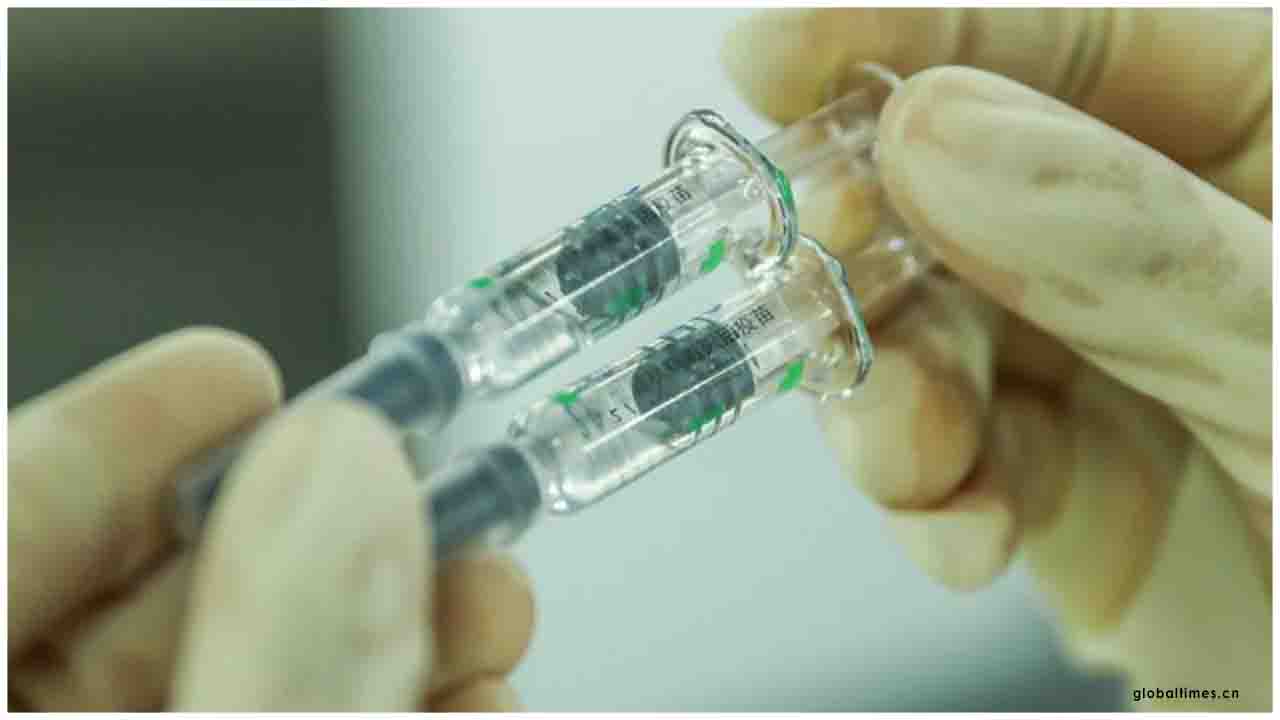
 China has vaccinated more than a million Chinese unofficially with three vaccines despite the vaccines' safety and efficacy not being confirmed
China has vaccinated more than a million Chinese unofficially with three vaccines despite the vaccines' safety and efficacy not being confirmed






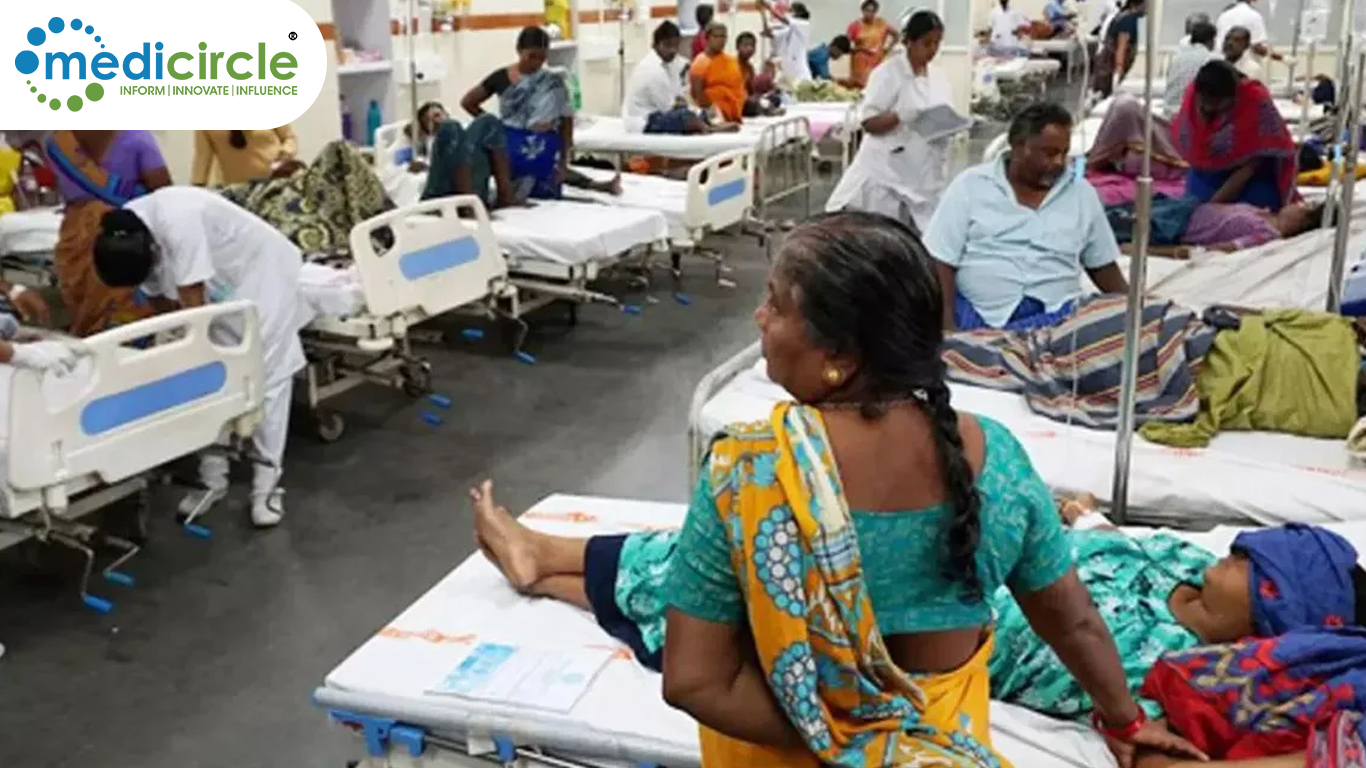

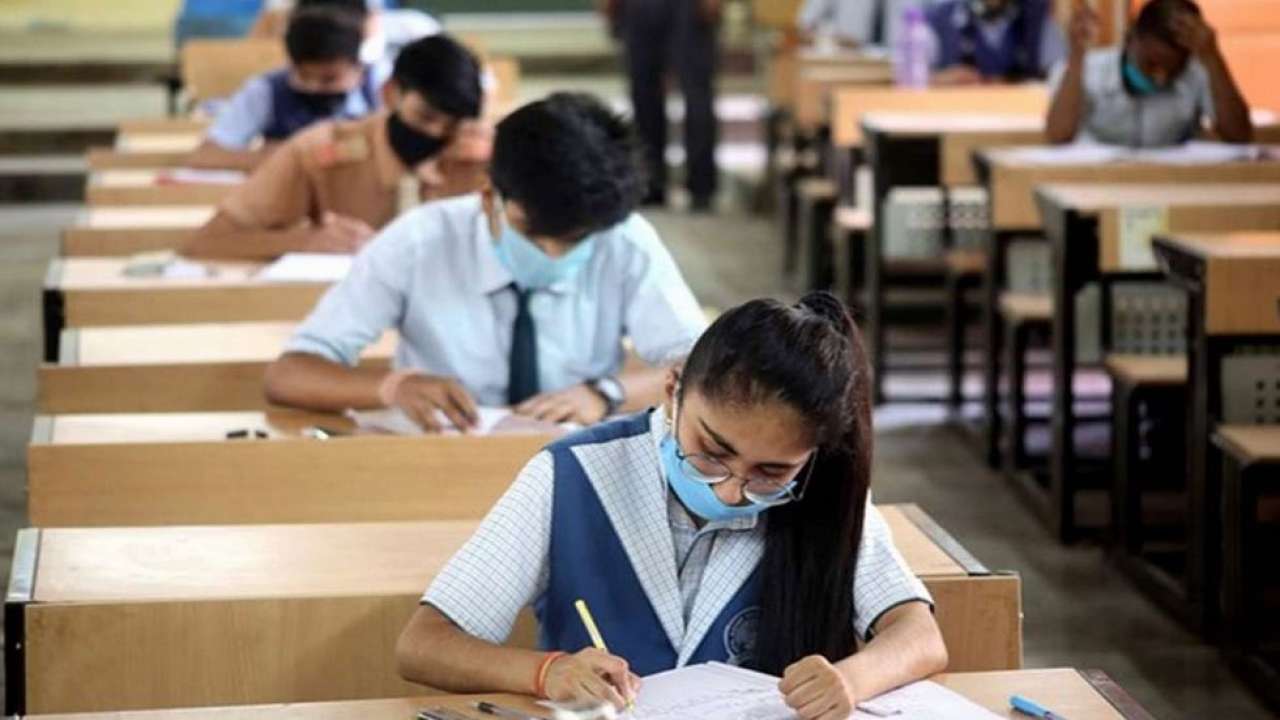

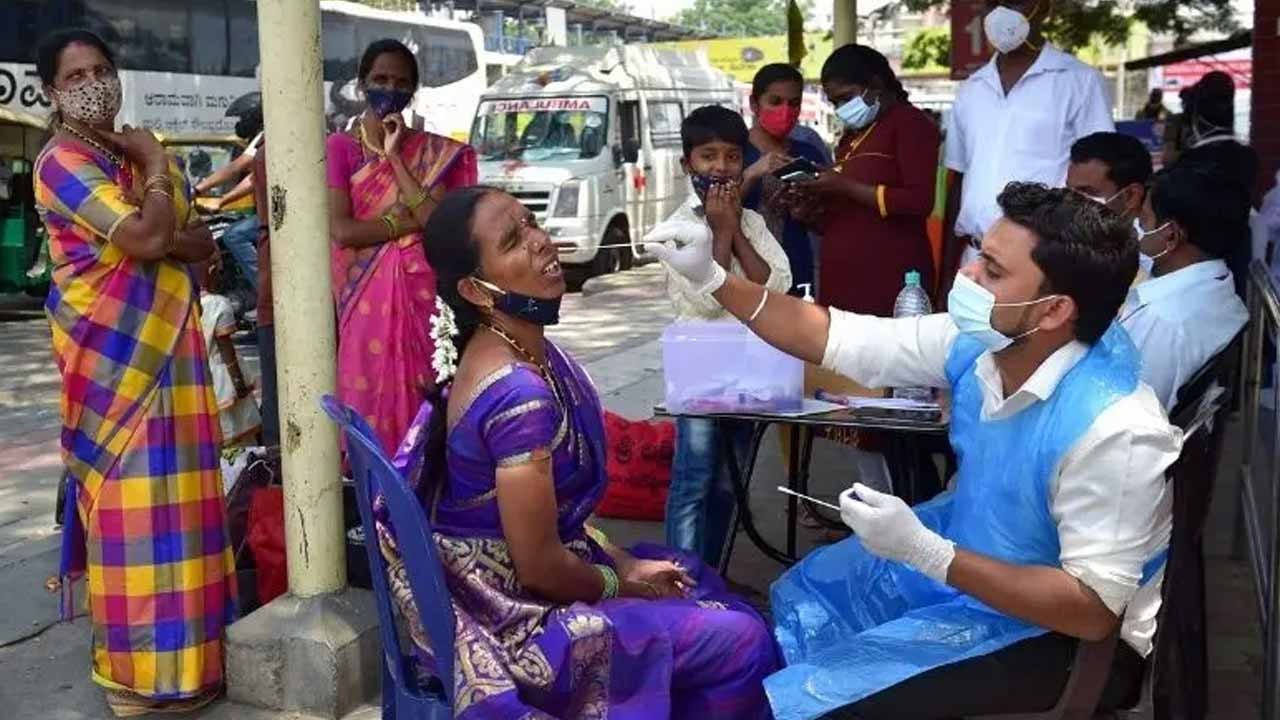

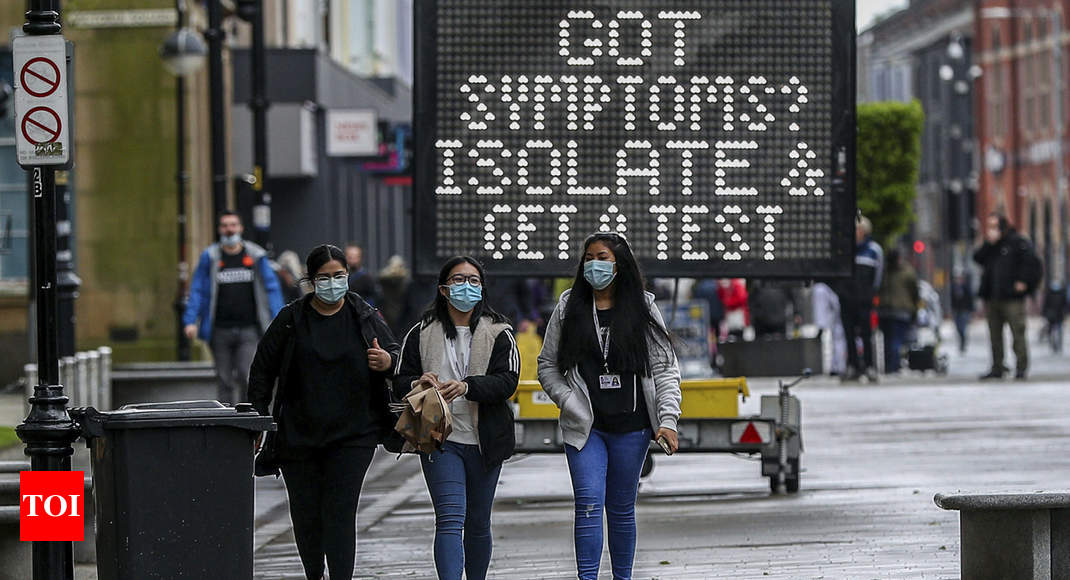
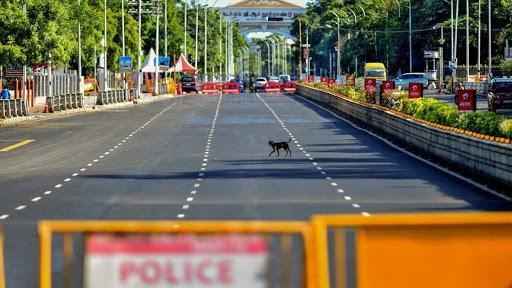
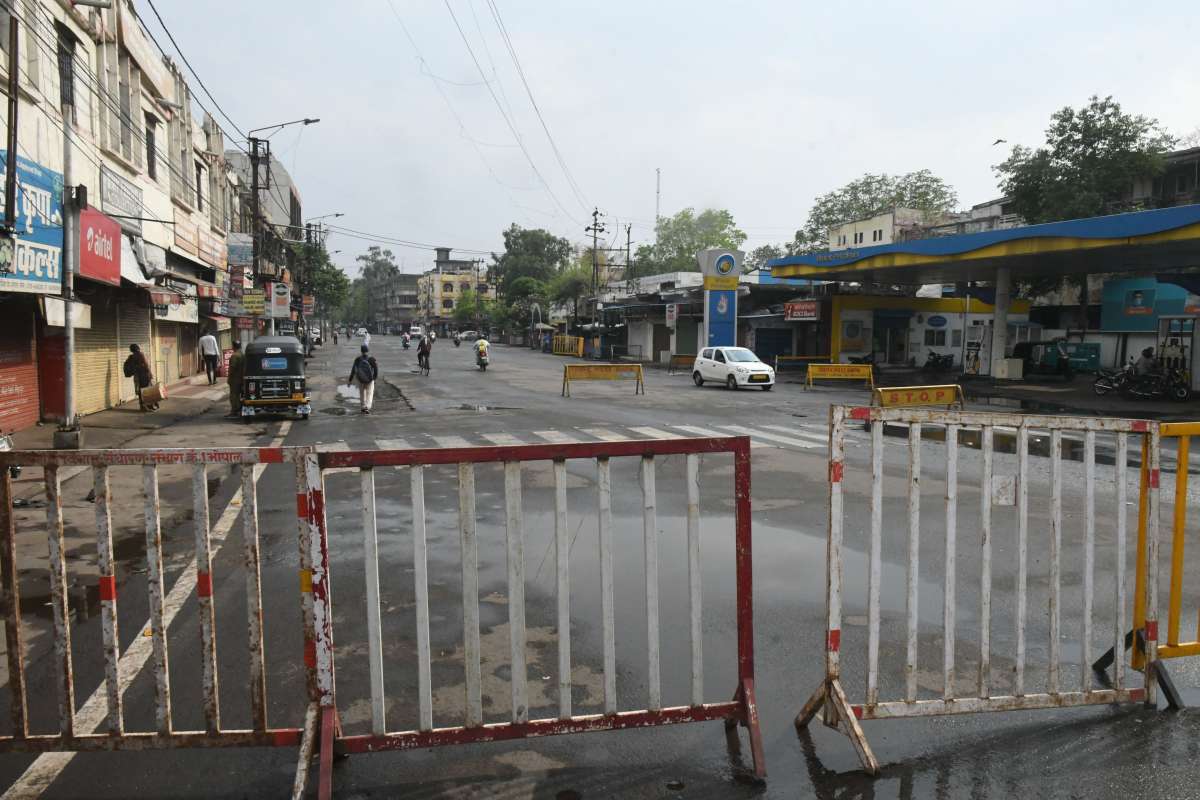





.jpeg)


















.jpg)
.jpeg)